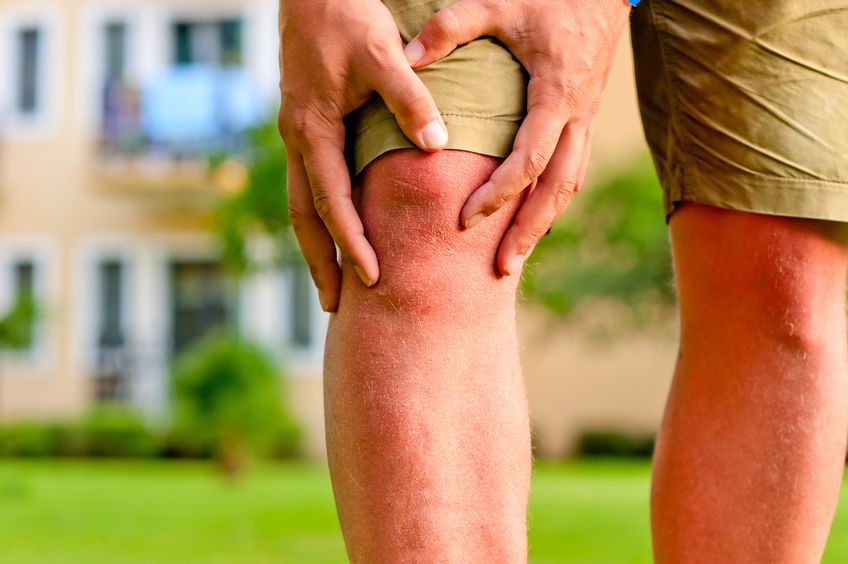A common condition in the United States, joint pain can be a serious hindrance to athletic activity as well as everyday life.
An estimated two million American experience joint pain associated with cartilage injuries each year. Cartilage injuries can be debilitating and only the most modern methods of treatment can restore cartilage, minimize pain and relieve discomfort for patients of all ages.
So what is cartilage?
Cartilage is, essentially, connective tissue found in all animals, including humans. It is more flexible and softer than bone but stiffer and more rigid than muscle. As cartilage does not contain blood vessels or nerves, you cannot “feel” damage in your cartilage, though there are other signs.
There are three types of cartilage found in the human body.
Elastic cartilage is found in your ears and nose. This supports and adds shape to these structures. Fibrocartilage is tough and dense. This type is found in the joint connecting the upper pubic bones where it needs to be sturdy enough to support a lot of weight but flexible enough for childbirth. Fibrocartilage, such as the meniscus, can also be found in joints where the more flexible tissue has been destroyed. The meniscus transfers stress and protects the final type of cartilage, hyaline cartilage, from being damaged. Hyaline cartilage is the cartilage that allows healthy joints to function comfortably. Found in your joints, this type of cartilage can be degraded by arthritis, trauma and other conditions causing medical treatment to be needed.
The Cartilage Restoration Center of New Jersey, staffed by the board-certified and fellowship-trained orthopedic surgeons of AOSMI, utilizes the latest techniques to restore cartilage.
We are completely devoted to the treatment of cartilage injuries with the goal of eliminating pain, restoring function and facilitating your return to full activity.
So you suffer from joint pain and think you may have damaged your cartilage, what are your options? Joint replacement surgery and medication used to be your only option to deal with joint pain. Now with our cutting-edge technology, the board-certified physicians at AOSMI are able to offer you many conservative options, including:
- Anti-inflammatory medications (NSAIDs)
- Steroid injections
- Hyaluronic Acid injections
- Orthobiologics
- Physical Therapy
- Bracing
If conservative treatment options do not work or if the cartilage damage is too severe, there are several surgical options that focus on repairing or re-growing your cartilage, helping reduce the need for joint replacement surgery. Procedures include:
- Microfracture: An arthroscopic procedure that stimulates cartilage regeneration
- Osteochondral Autograft Transplantation – Utilizing bone and cartilage plugs taken from a low load area of the knee and transferred to the damaged area
- Osteochondral Allograft Transplant – Used when donor bone and cartilage plugs are applied in the damaged area
- DeNovo NT – Used when juvenile donor cartilage is used to repair the damaged area
- Autologous Chondrocyte Implantation – Your cartilage cells are harvested via arthroscopic surgery, grown in a laboratory and then transplanted into the damaged area
These surgical options would be performed by our board-certified, fellowship-trained orthopedic surgeons at a hospital or outpatient surgery centers depending upon the procedure.
If you suffer from joint pain or feel you may have damaged your cartilage, call us today to schedule your cartilage consultation – 732-720-2555!








